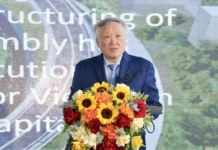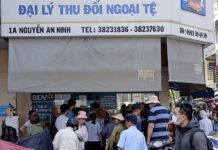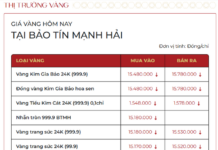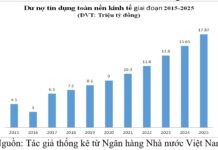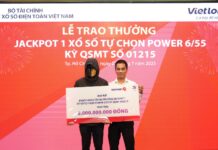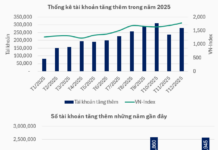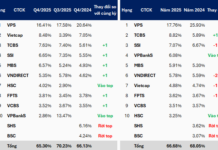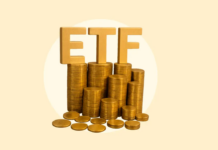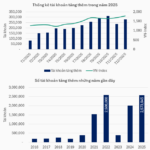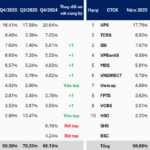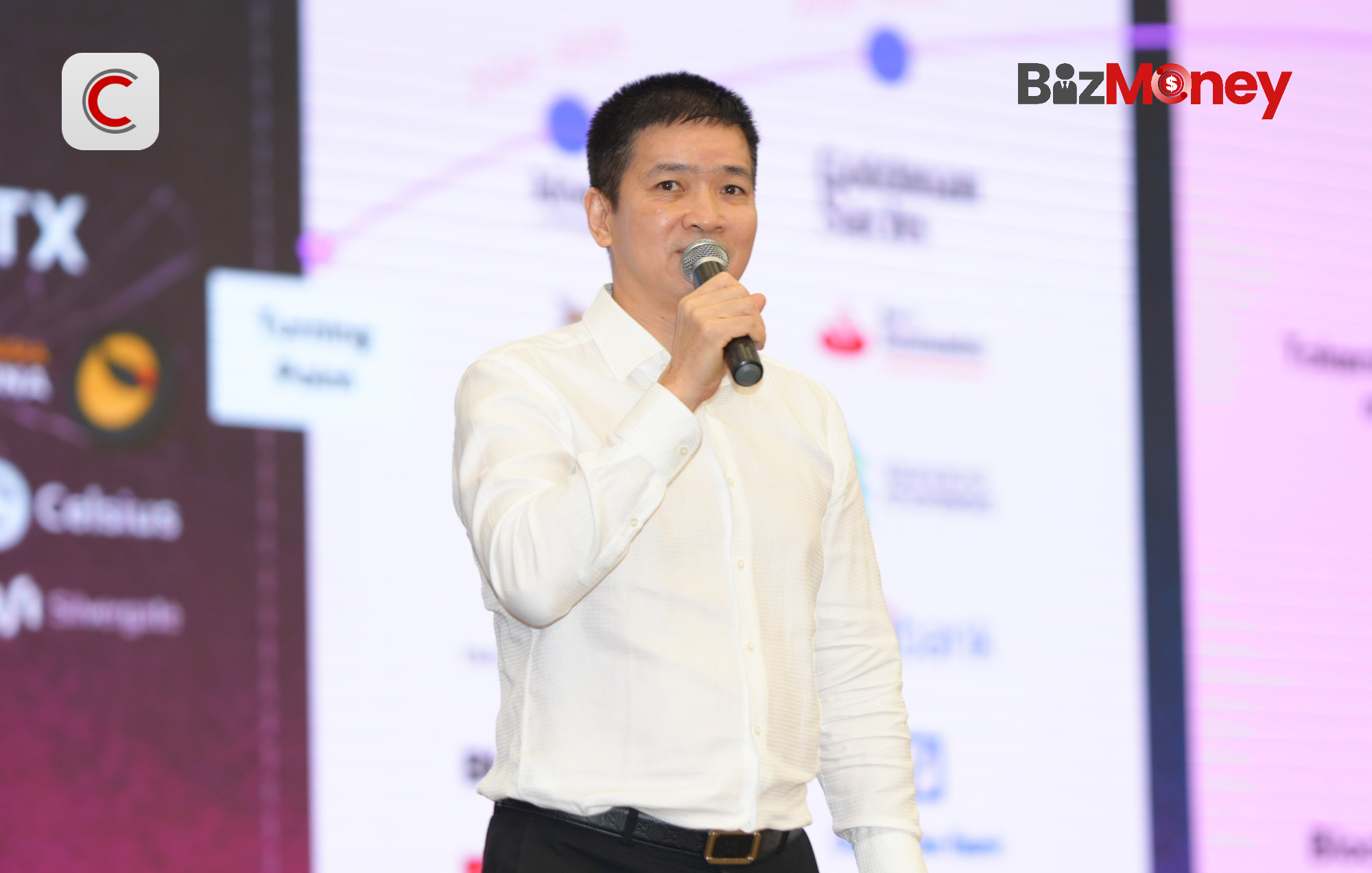
Mr. Phan Đức Trung – Chairman of the Vietnam Blockchain and Digital Assets Association
On October 2nd, as part of the National Innovation Day, the forum “Digital Asset Market: From Trends to Breakthroughs” was jointly organized by the Ministry of Finance, Ministry of Science and Technology, State Securities Commission, and the Vietnam Blockchain and Digital Assets Association (VBA).
Speaking at the forum, Mr. Phan Đức Trung, Chairman of the Vietnam Blockchain and Digital Assets Association, stated that the government has promptly issued Resolution 05 to pilot the digital asset market. However, the challenge lies in synchronizing legal, technological, and accounting systems to manage both on-chain and off-chain activities effectively.
According to Mr. Trung, traditional crypto exists solely on-chain, whereas real-world asset tokenization requires both off-chain legal management and on-chain blockchain infrastructure. While more complex, this approach significantly enhances security in capital raising.
For instance, with traditional crypto, losing a wallet key results in permanent asset loss. In contrast, tokenized real assets allow for transaction freezing or recovery mechanisms when necessary.
Currently, “read access” involves holding keys, legal records, and land titles, but it also requires cryptographic keys. These keys differ entirely from those used in banking. They are wallet keys operated under a multi-signature process.
“This means that instead of a single individual having access, two out of three or three out of five signatures are required to confirm a transaction. This principle mitigates the risk of key loss and ensures control over who has signing authority, as the asset storage needs continuous access,” he explained.

A critical process, according to the VBA Chairman, is the transfer of digital assets between cold wallets and hot wallets. Typically, 95% to 98% of customer assets are stored in cold wallets. Consequently, most customer transactions occur within the exchange’s virtual environment.
However, interoperability with real assets depends on the transfer process between cold and hot wallets, which is highly vulnerable to hacker attacks. Notably, Bybit lost $1.5 billion due to a UI error during the transfer of assets from a cold wallet to a hot wallet.
Mr. Trung highlighted the advantage of digital assets (read access) over traditional crypto: in case of an incident, tokens can be frozen to halt transactions, ensuring asset preservation. In contrast, traditional crypto results in permanent asset loss if wallet keys are misplaced. Thus, while more complex, digital assets offer greater security in capital raising.
Regarding anti-money laundering efforts, Mr. Trung noted that the Vietnam Blockchain and Digital Assets Association collaborates closely with law enforcement agencies to combat money laundering. He emphasized that all transactions are traceable.
“I want to stress: only the foolish would attempt money laundering on blockchain,” he explained. “Since 2010, or even earlier, all past transactions can be retrieved, and there’s no way to ‘erase’ them. Therefore, blockchain fully meets the traceability requirements for anti-money laundering efforts.”
Public-Private Partnership Model: Paving the Way for Private Sector Engagement in National Mega-Projects
Fintech, digital assets, carbon trading platforms, and digital identity solutions are the key focus areas proposed by businesses to foster a dynamic Public-Private Partnership (PPP) framework. The Vietnam Private Economic Landscape (ViPEL) model is poised to position Vietnam at the forefront of emerging technologies, leveraging these opportunities for national advancement.
“Transforming Trillions in Fraudulent Funds into Cryptocurrency Assets”
Authorities report that in cases of online fraud, the majority of stolen funds have been converted into cryptocurrency through transactions on international exchanges. Statistics reveal that between December 2019 and May 2024, nearly 20,000 fraud cases were detected, involving over 17,000 perpetrators and causing losses exceeding 12 trillion Vietnamese dong.
Billionaire Nguyen Thi Phuong Thao and Truong Gia Binh Discuss Strategies to Revive HOSE
The riveting behind-the-scenes tale of the dramatic “rescue” of the HOSE platform from a crippling order congestion crisis four years ago was recounted with raw emotion by billionaire Nguyễn Thị Phương Thảo at ViPEL.






